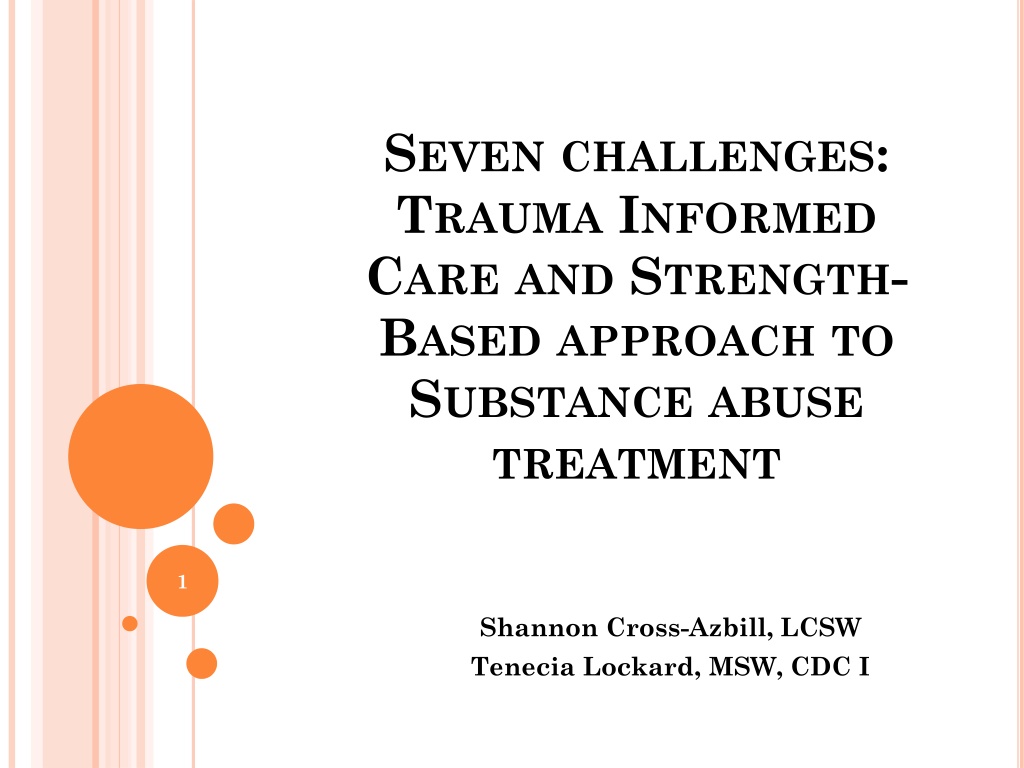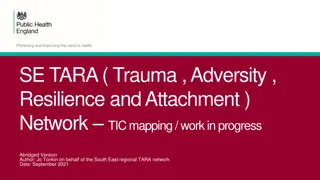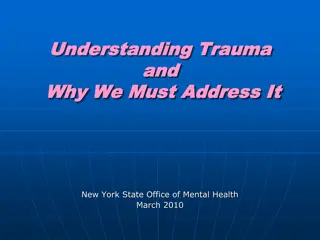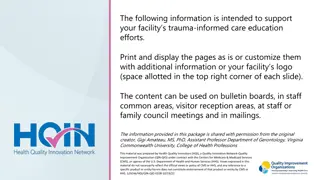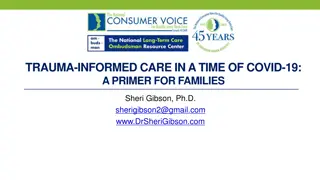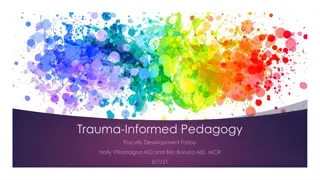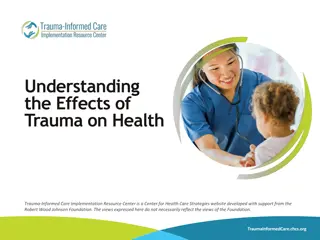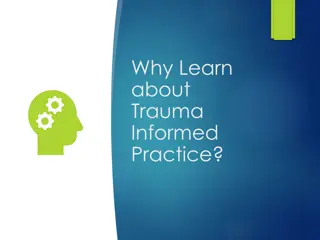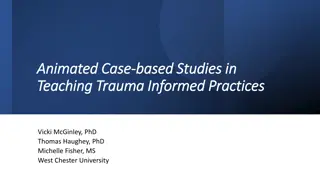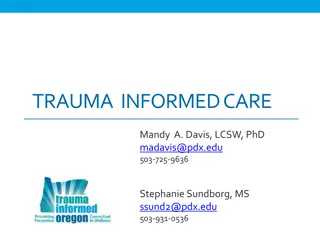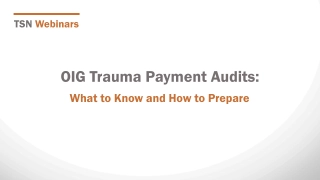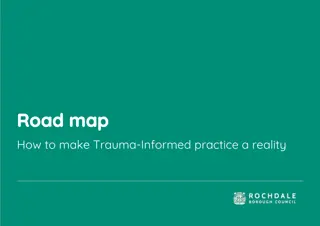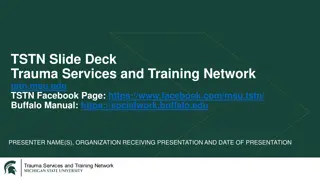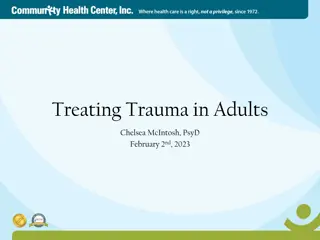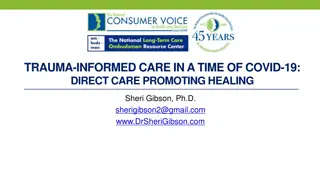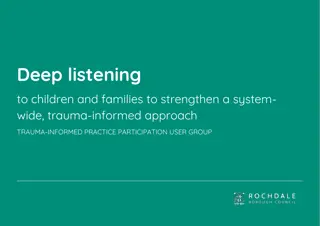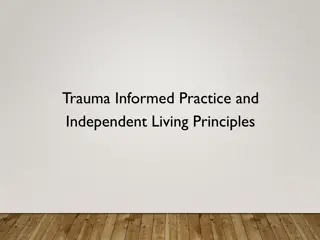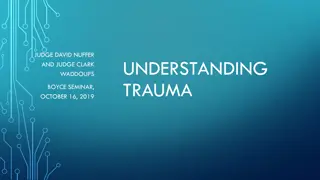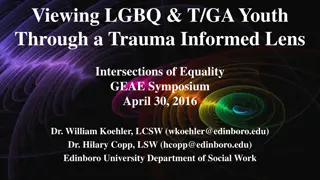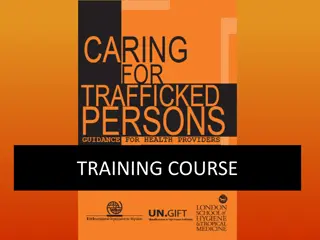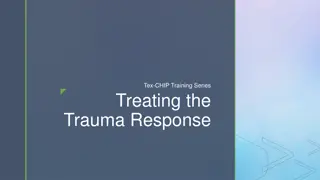Seven Challenges: Trauma-Informed Care and Strength-Based Approach
Explore the Seven Challenges program that focuses on trauma-informed care and a strength-based approach to substance abuse treatment. The program emphasizes evidence-based strategies, culturally sensitive teachings, and holistic vision to help youth make thoughtful decisions and address their needs. It encourages young individuals to consider their drug use, make cognitive and emotional decisions, and redefine the role of drug counselors as supportive problem-solving partners.
Download Presentation

Please find below an Image/Link to download the presentation.
The content on the website is provided AS IS for your information and personal use only. It may not be sold, licensed, or shared on other websites without obtaining consent from the author. Download presentation by click this link. If you encounter any issues during the download, it is possible that the publisher has removed the file from their server.
E N D
Presentation Transcript
SEVEN CHALLENGES: TRAUMA INFORMED CARE AND STRENGTH- BASED APPROACH TO SUBSTANCE ABUSE TREATMENT 1 Shannon Cross-Azbill, LCSW Tenecia Lockard, MSW, CDC I
SEVEN CHALLENGES: Evidence Based Program Culturally Sensitive Teaches Life Skills Focuses on making thoughtful decisions 2
Basic premise of the Seven Challenges is meet the youth where they are at. 3
THREECHOICESOF SEVEN CHALLENGES Choose to quit Choose to cut back Choose to stay the same 4
HOLISTIC VISION/PROGRAM Young people identify the desires and needs they are satisfying, or attempting to satisfy, through their drug use. When self understanding increases- when young people see why they are using drugs- they have an opportunity to think about alternatives to drug use. They can learn healthy, drug-free ways to meet those same needs and satisfy desires. 5
COGNITIVE/EMOTIONAL DECISION-MAKING MODEL Young people consider: Why they are using drugs What they like about drugs How they harm themselves and others by using drugs How their continued use might affect their future if they do not change 6
REDEFININGTHEROLEOFTHE DRUGCOUNSELOR Counselor is not there to make them quit or take something away We are on your side of the bullet We are your problem solving partners We are here to help you think about your options and to give you more options 7
REDEFININGTHEROLEOFTHEDRUG COUNSELOR The counselor s role is to help the youth think through things for themselves Groups are focused on helping youth follow through on decisions Youth get support in making any behavior changes they have chosen to make, such as learning anger management or learning to cope with stress in positive ways 8
CORE COMPONENTSOF SEVEN CHALLENGES Readings in Seven Challenges Journaling in the Seven Challenges Journals Educational/counseling sessions in one-to- one and/or group settings Family or multi/family sessions, when feasible and appropriate 9
THE SEVEN CHALLENGES Challenge One: We decided to open up and talk honestly about ourselves and about alcohol and other drugs. Challenge Two: We looked at what we liked about alcohol and other drugs, and why we were using them. Challenge Three: We looked at our use of alcohol and other drugs to see if it had caused harm, or could cause harm. Challenge Four: We looked at our responsibility and the responsibility of other for our problems. 10
THE SEVEN CHALLENGES Challenge Five: We thought about where we seemed to be headed, where we wanted to go, and what we wanted to accomplish Challenge Six: We made thoughtful decisions about our lives and about our use of alcohol and other drugs. Challenge Seven: We followed though on our decisions about our lives an our drug use. If we saw problems we went back to earlier challenges and mastered them. 11
MAD RUSHFOR ABSTINENCE The Mad Rush is an attempt to convince youth that drugs are dangerous, that they personally have been harmed by drugs and they should quit The Mad Rush is out of caring and also a response to political pressure. Everyone wants drug free kids immediately 12 The Mad Rush can lead to four F s
RESULTSOFTHEMAD RUSH Faker Fighter Fleer Follower 13
SLOWTHE RUSH We need to start where the kids are at Not where we wish they should be Not where they pretend to be Not where they may be for a fleeting moment of time 14
REMINDER: THREECHOICESOF SEVEN CHALLENGES Choose to quit Choose to cut back Choose to stay the same 15
WHATIS SUCCESS? Is success only abstinence and graduation? What do we as a group consider success? 16
IDEATO PONDER If treatment is set up where kids do not have to fake it to complete a program how successful will they be? 17
GRADUATION WHATDOESCOMPLETIONOF SEVEN CHALLENGESLOOKLIKE? 18
RE-ENTRYINTOTHE COMMUNITY 12-Step Program Most universally support group in the community- Seven Challenges supports orienting youth to 12-step programs Seven Challenges supports 12-step programs for youth who are ready to stop using drugs 12-step programs support Seven Challenges youth wanting a spiritual approach to maintaining abstinence 19
CHALLENGE 1: CONTINUING CARE COUNSELOR SUMMARY 20
CHALLENGE 2: CONTINUING CARE COUNSELOR SUMMARY 21
CHALLENGE 3: CONTINUING CARE COUNSELOR SUMMARY 22
CHALLENGE 4: CONTINUING CARE COUNSELOR SUMMARY 23
CHALLENGE 5: CONTINUING CARE COUNSELOR SUMMARY 24
CHALLENGE 6: CONTINUING CARE COUNSELING SUMMARY 25
CHALLENGE 7: CONTINUING CARE COUNSELOR SUMMARY 26
CONTINUING CARECOUNSELOR SUMMARY 27
QUESTIONS? 28
CONTACT INFORMATION: Shannon Cross-Azbill, LCSW shannon.cross-azbill@alaska.gov Tenecia Lockard, MSW, CDC I tenecia.lockard@alaska.gov Seven Challenges Website http://www.sevenchallenges.com/ 29
